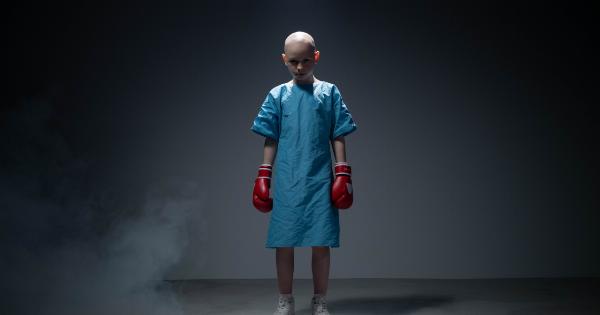Stress is a common occurrence in our fast-paced lives. Whether it be work-related pressure, personal issues, or the current global situation, stress can have a profound impact on our physical and mental wellbeing.
While we are aware of the numerous adverse effects stress can have on our bodies, one surprising consequence is stress-induced hair loss.
Understanding Hair Growth and Loss
Before we delve into the relationship between stress and hair loss, it’s crucial to have a basic understanding of the hair growth cycle.
Hair follicles undergo continuous cycles of growth, rest, and shedding. Each follicle on our scalp is at a different stage of the hair growth cycle.
On average, a healthy scalp has around 100,000 hairs, with each hair strand having a lifespan of 2 to 7 years. During the growth phase (anagen), hair cells divide rapidly, and the hair strand grows approximately half an inch per month.
Eventually, the hair follicle enters the resting phase (telogen) for about 2-4 months, after which the hair sheds and a new hair takes its place.
The Impact of Stress on Hair
Stress affects our bodies in various ways, and our hair is no exception. When we experience high levels of stress, whether it is due to emotional turmoil or physical strain, the body activates the “fight-or-flight” response.
This response triggers the release of stress hormones, such as cortisol, which can disrupt the hair growth cycle.
Telogen Effluvium: Excessive Hair Shedding
One of the most common forms of stress-induced hair loss is known as telogen effluvium. During periods of intense stress, a large number of hair follicles can prematurely enter the resting phase, leading to excessive shedding.
This condition is often characterized by a diffuse thinning of the hair, noticeable hair loss when combing or washing the hair, and a more significant number of hairs on pillows or clothing.
Telogen effluvium is usually temporary and the hair sheds around three months after the initial stressful event.
The good news is that once the stressors have resolved, the hair growth cycle typically returns to normal, and the lost hair starts to regrow.
Alopecia Areata: The Impact of Stress on the Immune System
Alopecia areata is another type of hair loss that has been linked to stress. This autoimmune condition occurs when the immune system mistakenly attacks the hair follicles, causing hair loss in patches.
While the exact cause of alopecia areata is not fully understood, studies suggest that stress can trigger or exacerbate the condition.
When stress hormones are released into the bloodstream, they can impact the immune system and result in inflammatory responses throughout the body.
In the case of alopecia areata, this inflammatory response affects the hair follicles, leading to hair loss.
Gray Hair: Stress as a Catalyst
Beyond hair loss, stress can also play a role in the graying of hair. As we age, the cells responsible for producing pigment in our hair follicles, known as melanocytes, gradually decline.
This natural process is genetically determined, but stress can accelerate the graying process.
Chronic stress can increase the production of free radicals in the body. These unstable molecules cause damage to the DNA of melanocytes, leading to a reduction or loss in pigment production.
As a result, new hair that grows in will be gray or white instead of the original color.
Managing Stress-Induced Hair Loss
If you suspect that stress is causing your hair loss, it’s essential to address the underlying issue. Here are some strategies that can help manage stress and promote healthier hair:.
1. Identify and manage stress triggers:
Take the time to identify the specific causes of stress in your life. Once identified, find healthy ways to manage and reduce the impact of these stressors.
2. Practice stress-reducing techniques:
Incorporate stress-reducing techniques into your daily routine, such as meditation, deep breathing exercises, yoga, or regular physical activity. These activities can help lower cortisol levels and promote relaxation.
3. Maintain a balanced diet:
Eating a well-balanced diet rich in fruits, vegetables, lean proteins, and healthy fats is essential for overall hair health. Nutrients like biotin, iron, zinc, and vitamins A, C, and E are particularly beneficial for hair growth and strength.
4. Prioritize self-care:
Engage in activities that bring you joy and help you relax. Whether it’s taking a bath, reading a book, or spending quality time with loved ones, prioritize self-care to reduce stress levels.
5. Seek professional help:
If stress and hair loss persist or become overwhelming, consider seeking professional help. A dermatologist or a therapist can provide guidance and suggest appropriate treatments to address both the stress and hair loss.
Conclusion
Stress-induced hair loss is a common problem that many individuals face during periods of intense stress.
Understanding the impact of stress on the hair growth cycle and implementing stress management techniques can help mitigate hair loss and promote healthier hair. Remember, while it may take time, hair loss due to stress is often reversible, and by addressing the underlying stressors, you can support the return of a healthy hair growth cycle.




















